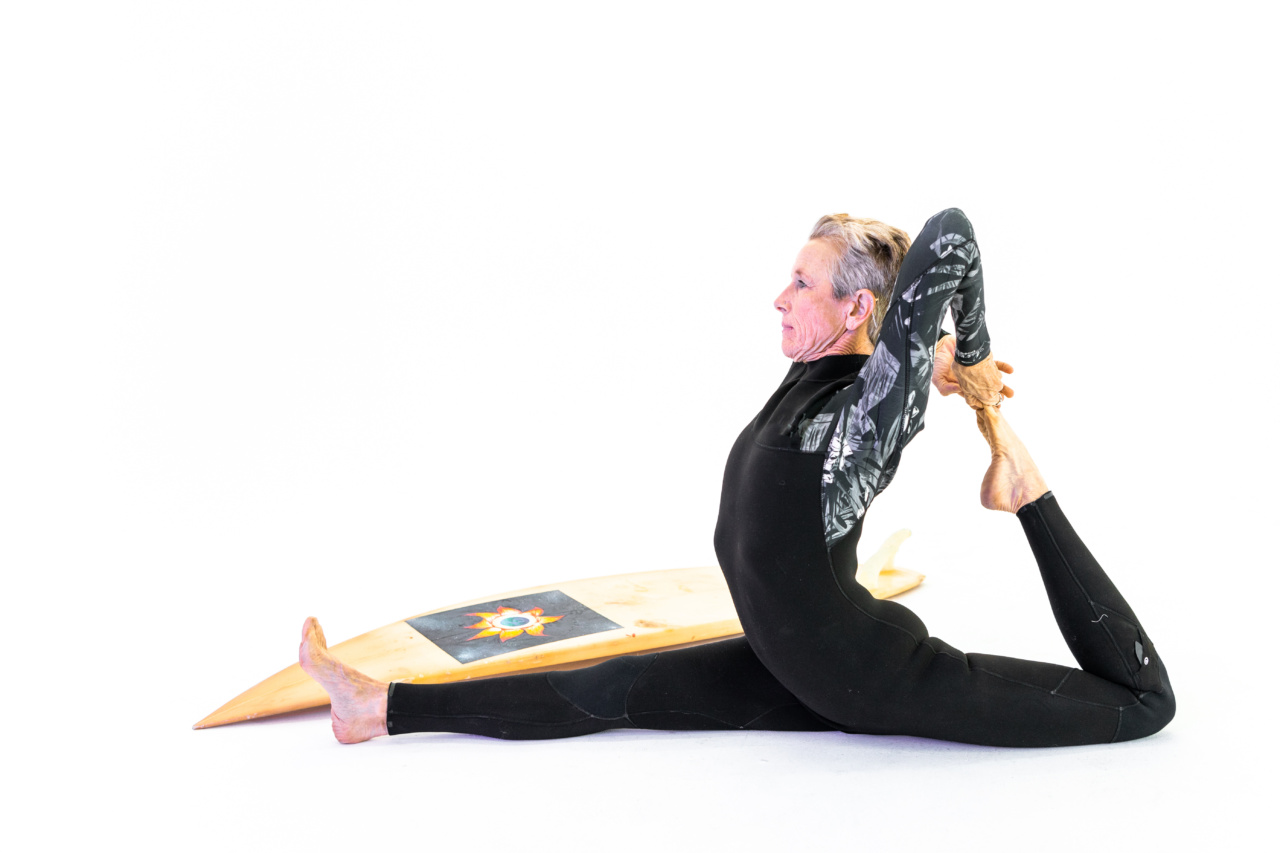Menopause is a natural biological process that marks the end of a woman’s reproductive years. It typically occurs between the ages of 45 and 55, although the onset and duration can vary from woman to woman.
This significant life transition brings about hormonal changes that often result in a variety of physical and emotional symptoms. Navigating menopause can feel overwhelming at times, but with the right knowledge and support, women can manage their symptoms and embrace this new phase of life with confidence.
Understanding Menopause: A Journey of Change
1. What is menopause?.
Menopause is the point in a woman’s life when her menstrual cycles cease permanently. It is officially confirmed when a woman has gone without a period for 12 consecutive months.
2. What causes menopause?.
Menopause is caused by the natural decline in reproductive hormones, particularly estrogen and progesterone. As a woman approaches menopause, her ovaries produce less of these hormones until they eventually stop altogether.
Recognizing the Signs and Symptoms
1. Irregular periods.
As menopause approaches, menstrual cycles may become irregular. Periods may be lighter or heavier, longer or shorter, or occur with varying time intervals.
2. Hot flashes and night sweats.
Hot flashes are sudden, intense feelings of heat that can spread throughout the body, often followed by excessive sweating. Night sweats refer to hot flashes that occur during sleep, leading to intense perspiration and sleep disturbances.
3. Mood changes and irritability.
Hormonal fluctuations during menopause can result in mood swings, irritability, increased anxiety, and feelings of sadness or depression.
Caring for Your Physical Health
1. Importance of a healthy lifestyle.
Adopting a healthy lifestyle during menopause can help manage symptoms and reduce the risk of certain health conditions. This includes eating a balanced diet, engaging in regular exercise, and getting enough sleep.
2. Bone health and osteoporosis prevention.
As estrogen levels decline during menopause, women become more susceptible to osteoporosis. Consuming calcium and vitamin D-rich foods, such as dairy products and leafy greens, along with weight-bearing exercises, can help maintain strong bones.
3. Managing weight changes.
Hormonal shifts during menopause can contribute to weight gain, especially around the abdomen. Combining cardio exercises with strength training and a balanced diet can help manage weight and promote overall health.
Embracing Emotional Well-being
1. Seeking emotional support.
Menopause can bring about emotional challenges, and seeking support from loved ones or professional counselors can be invaluable during this time.
2. Promoting stress management.
Practicing stress-management techniques like deep breathing exercises, meditation, and engaging in activities that relieve stress can help women maintain emotional balance during menopause.
3. Exploring mindfulness and relaxation techniques.
Mindfulness and relaxation techniques, such as yoga and tai chi, can improve mental well-being, reduce anxiety, and enhance overall quality of life during menopause.
Considering Hormonal and Non-hormonal Treatment Options
1. Hormone Replacement Therapy (HRT).
HRT involves the use of medications containing female hormones to replace the hormones no longer produced by the ovaries. It can effectively alleviate hot flashes, night sweats, and other menopausal symptoms.
However, it is important to discuss the potential risks and benefits with a healthcare professional before considering HRT.
2. Non-hormonal treatments.
Non-hormonal treatments, such as certain antidepressants or medications specifically designed for hot flashes, can be alternative options for managing menopausal symptoms without the use of hormones.
Embracing the Next Chapter: Menopause as a New Beginning
Menopause is not the end of womanhood, but rather the beginning of a new and fulfilling chapter of life.
With the right information, support, and self-care practices, women can embrace this transition, navigate its challenges, and thrive in the years to come.






























